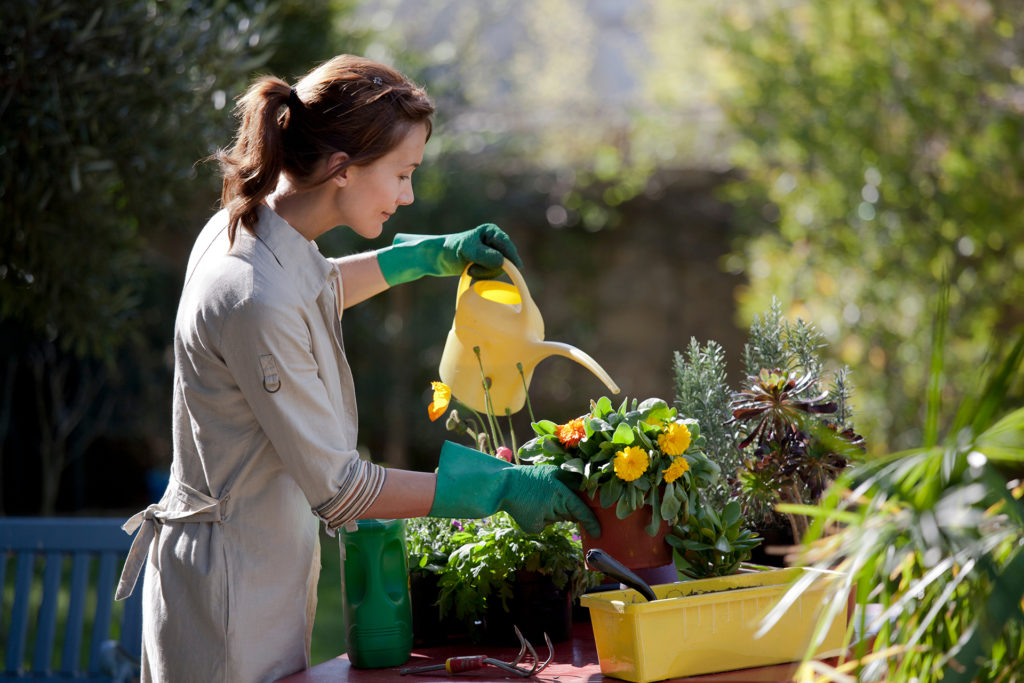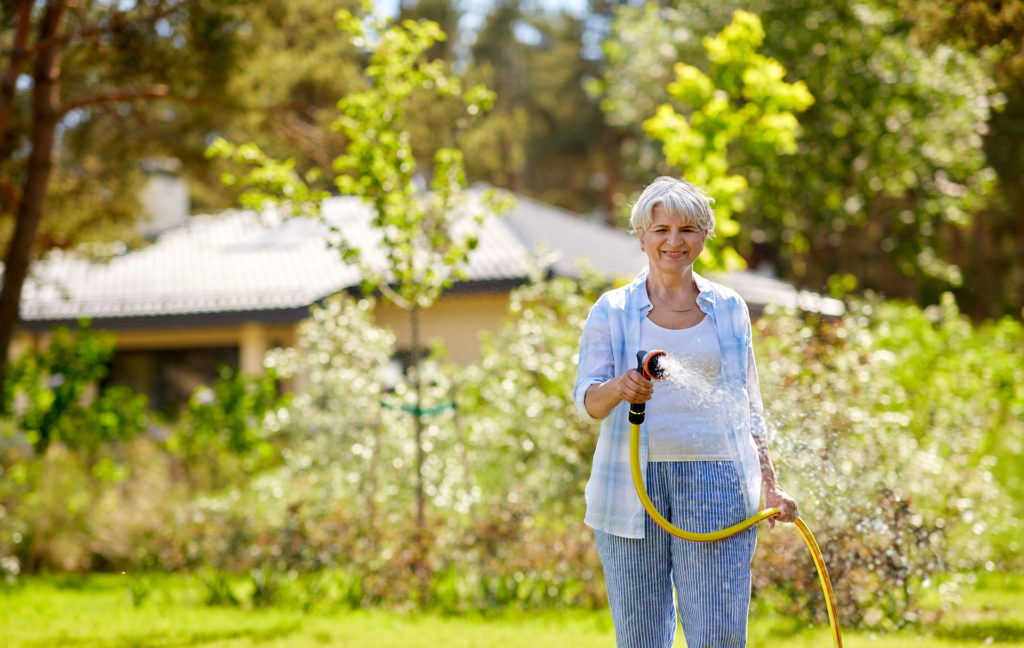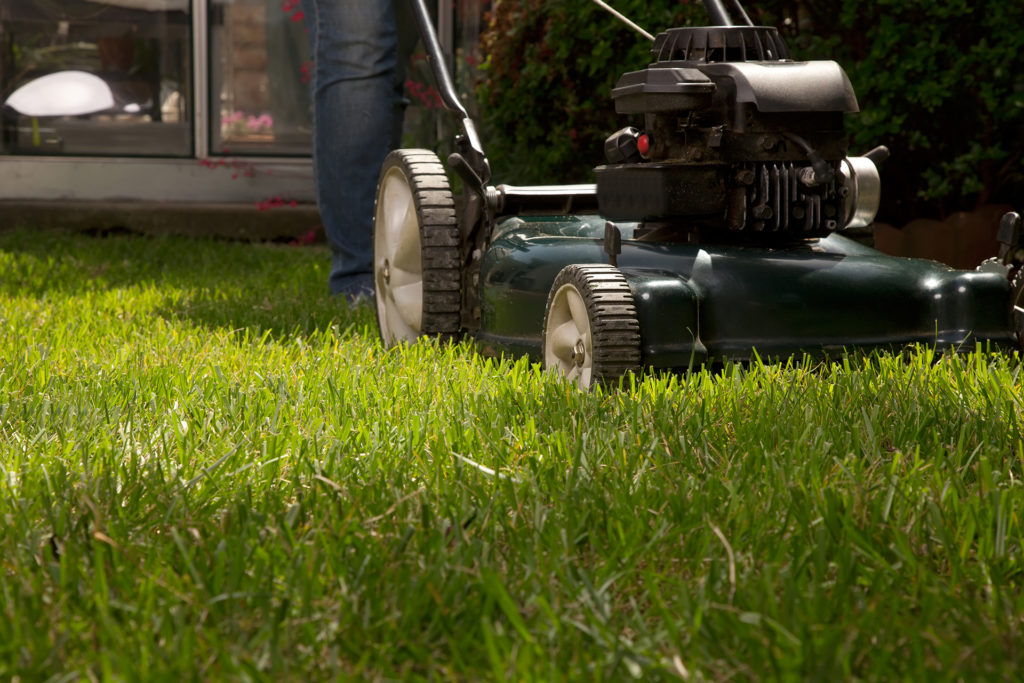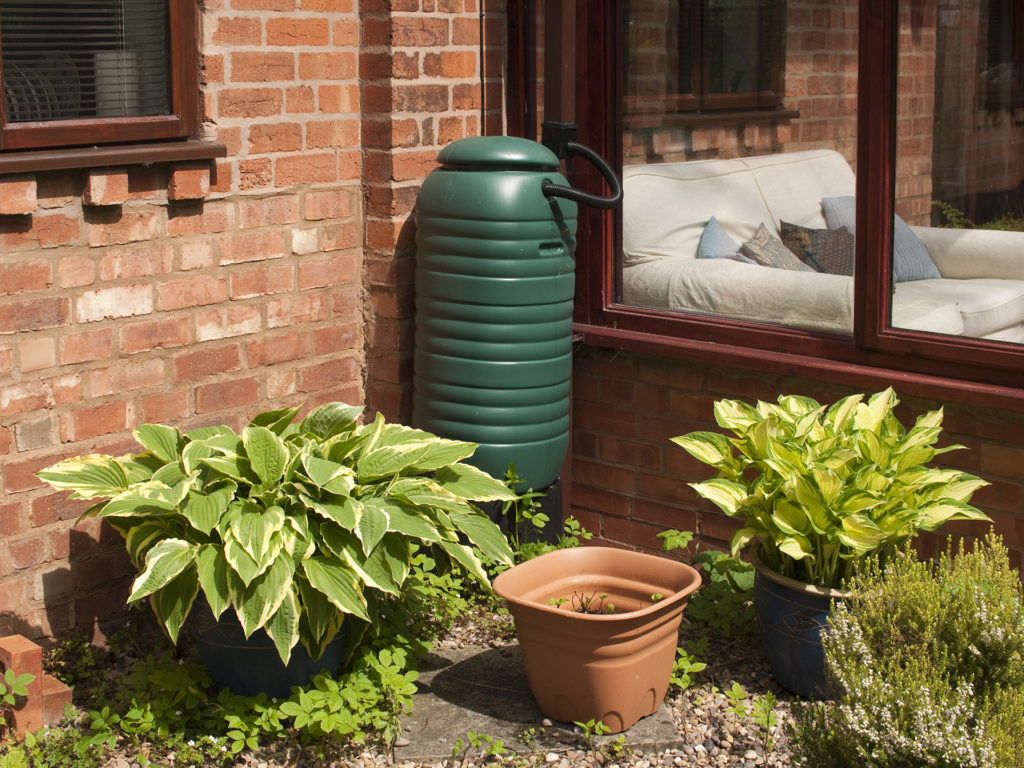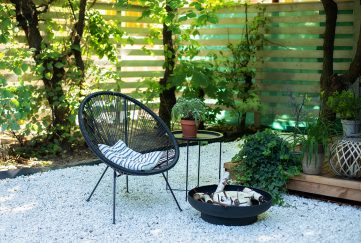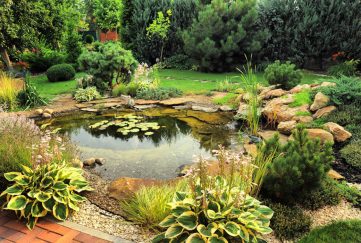Is Your Garden Drying Out In The Heat? We Can Help!
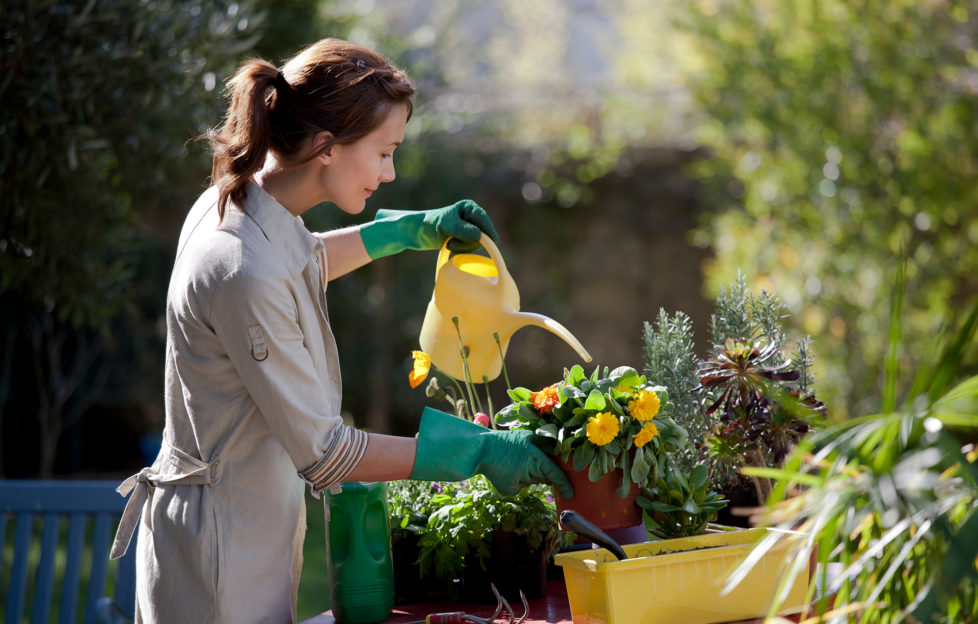
By Kimberley Cornish, blog author at SummerHouse24.
With the arrival of dog days, the main concern of gardeners is keeping their garden safe and sound or, being more precise, to keep their plants watered. Here you can find some tips for that.
Keep track of soil moisture
Never let the soil dry out completely, otherwise, it can get crusted over, having an unpleasant layer that forms a hard shell which won’t allow water to be absorbed. This holds true especially for soil that contains a lot of clay.
Use compost
Adding organic matter to the soil can loosen it up, at the same time helping to solve the problem of over drying. Compost and humus keep water in the soil and later gradually gives it back to the plants.
Extra Protection
Another way to help the ground retain humidity is by using mulch. Adding it on the top would give extra protection from losing too much water. It may seem surprising, but digging and turning over ground won’t help you here. Yes, it gets rid of the nasty crust, but it also destroys organic matter and, as a result, worsens the water-retaining quality of the soil.
Watering Schedule
To help your plants survive during the summer heat, you should water them in the early morning or in the late evening. But I wouldn’t recommend watering your garden at night in the British climate since extra humidity at night works as an attraction for slugs.
Moreover, when the plants are exposed to humidity for a long time, which can happen when you water your garden after sunset, the risk of fungal diseases increases.
The best time for watering the plants in summer is around four o’clock in the morning. In case it is not likely that you wake up so early, an automatic watering system with a timer can come in handy. Never use a garden sprinkler for this purpose. It gives more water to the leaves, rather than to the soil, and can even worsen the condition of your plants. The most optimal way would be using a garden hose or a drip watering system for that purpose.
According to the Royal Horticultural Society, one shouldn’t water plants during the peak heat hours since it will make lots of water evaporate. There was also a misconception before that watering plants in the heat can damage them, because water drops serve as lenses and draw sun rays too extreme straight into a plant. Although this fact was proved wrong, pouring cold water onto the overheated leaves is a bad idea anyway.
Lawn Management
Speaking about the lawn, let it stay a bit longer than usual at the times of the most extreme heat so that the grass protects the soil from overheating. When mowing your lawn, do not use a grass gathering box, so that the cut grass covers the surface, serving as a mulch and keeping the humidity in the soil.
Over Watering
Do not be afraid to over water. Water will soak into the deep layers of the soil and will be available for absorption by the deepest-growing roots of your plants.
Consider region and climate-specific planting
Check out which plants tend to thrive in the climate conditions of your area and stick to the list of them when planning your garden. Growing plants that comply with your climate and hardiness zone can reduce the need for water of your plants. If you’re not sure which plants to choose, check out this nice tool from Gardenista and they will work it out for you.
Make the most of rain
When it does rain, try to collect rainwater, using water harvesting system (e.g. gutters and downspouts) and store it into a well-insulated water storage tank, so it doesn’t evaporate in the heat.

